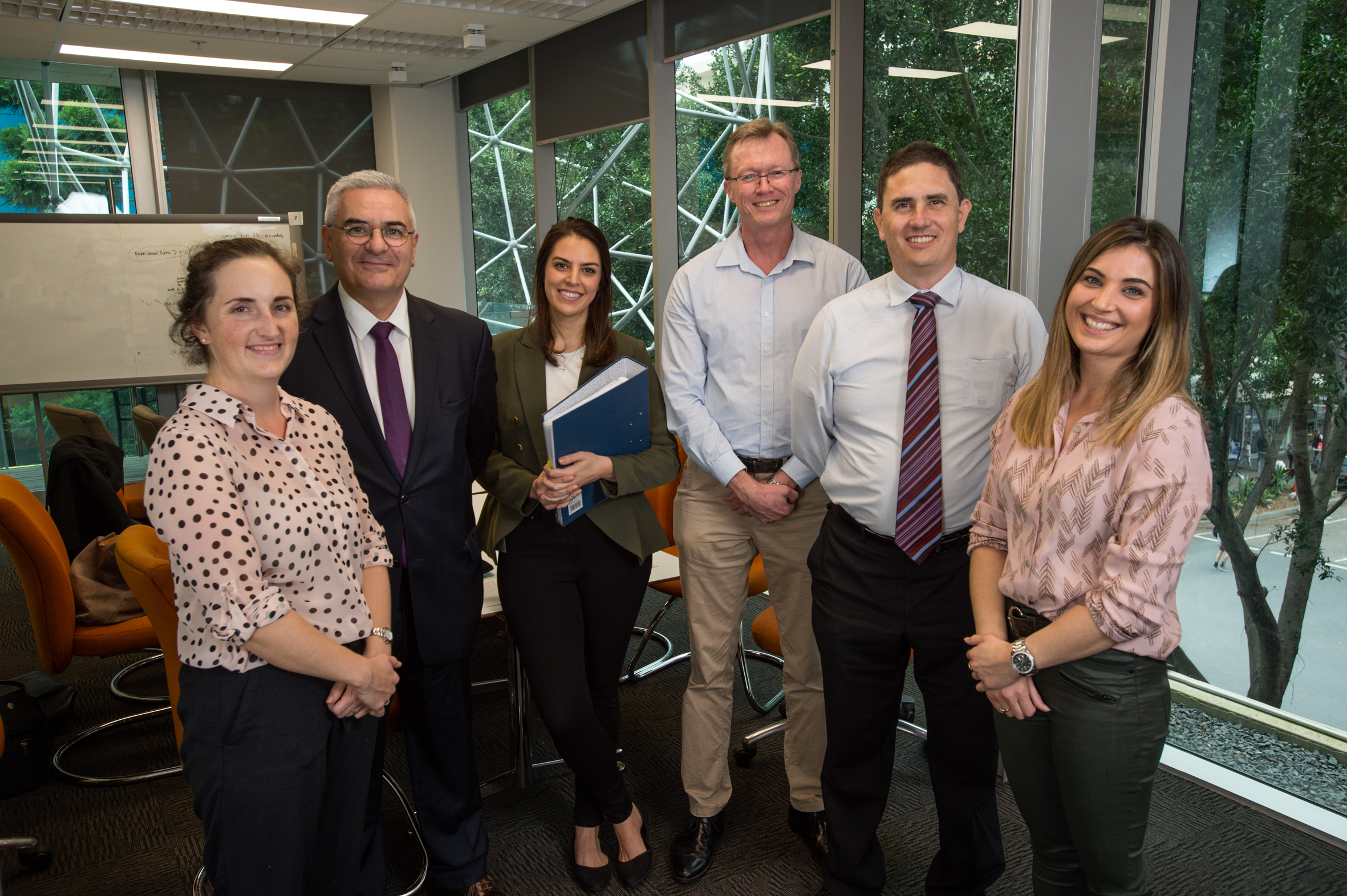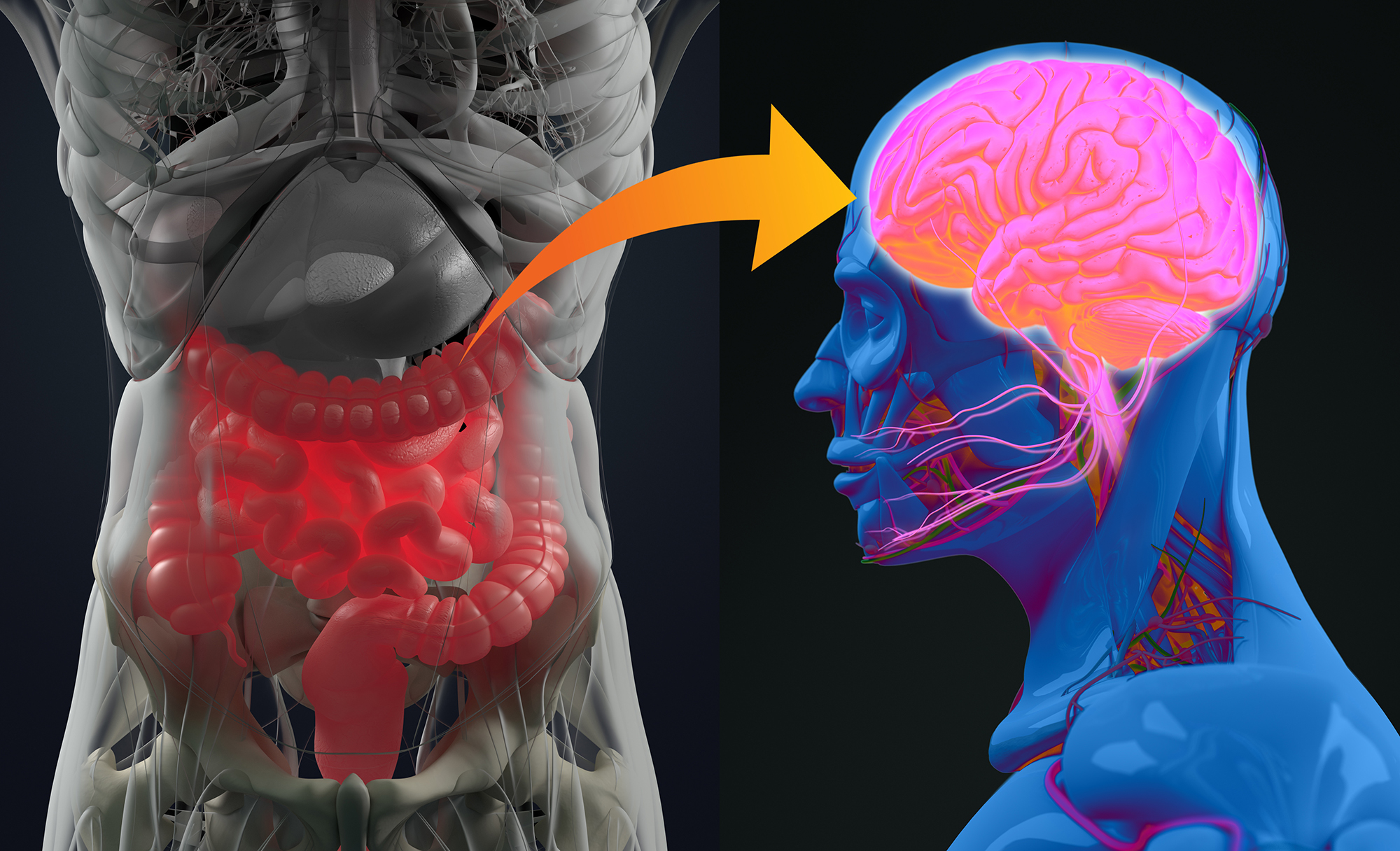
QUT is leading a clinical trial to assess whether a probiotic nutraceutical can help in the management of depression.
* Up to 150 people experiencing depression are being recruited
* The clinical trial is a collaboration between QUT, University of Queensland (UQ) and Australian LifeSciences company Medlab Clinical Limited
* Volunteers will test Medlab’s patented NRGBiotic formulation containing three probiotic strains and magnesium orotate
* The product is formulated to target the gut-brain axis and correlations between gut bacteria, gut inflammation and mental health
Principal investigator Dr Esben Strodl, from QUT’s Institute of Health and Biomedical Innovation, said the research team was seeking study participants experiencing depression who were under the care of a medical practitioner.
“We’re looking to recruit volunteers who have depression and are taking SSRIs (selective serotonin reuptake inhibitors) which are commonly prescribed anti-depressant medications, and also people with depression who are not currently taking any prescribed medication,” Dr Strodl said.
“We are investigating whether the combination of specific compounds – probiotics and magnesium orotate – can help in managing depression, given that many people with depression also exhibit gastrointestinal dysfunction that unbalances biochemical pathways between the digestive system and the cognitive and emotional centres of the brain.
“The current clinical study follows on from two, small-group pilot studies which produced significant results of positive clinical benefits to patients administered magnesium orotate, and orotate in combination with probiotic strains.
“We are hoping to see those results replicated in a larger cohort.”

Clinical trial co-investigator Dr Matthew Bambling, from UQ’s Faculty of Medicine, supervised the two pilot studies.
“In the first study, people with depression on SSRIs who had not responded to their medication or to a dietary supplement (S-adenosylmethionine) then took orotate in the magnesium form in addition to their SSRI medication, Dr Bambling said.
“All but one of the participants on the orotate showed clinical improvement, with half the group in remission by the end of the study.
“In the second study, also with people who were not responding to SSRI medications, the participants were given a combination of probiotics and magnesium orotate in addition to taking their SSRIs. About 60 per cent of the sample of 12 were in remission after taking the combination compound.
“At a 16-week follow-up, while still taking their SSRIs, but not the probiotics and orotate, the group had relapsed.”

Medlab Director of Medical Research and University of Sydney Medical School Adjunct Professor Luis Vitetta said the NRGBiotic was formulated to address adverse issues in the gut-brain axis that arise in the gut, and that the pilot studies indicated the formulation could be an effective adjuvant therapy for people with depression.
“Many patients with depressive symptoms have a dysbiotic gut – an imbalance or problem with the intestinal microbiome,” he said.
“The combination of compounds in NRGBiotic targets recovery of gut dysbiosis, supports healthy cellular energy production and helps the body better absorb standard depression medications.”
More information about the clinical trial is available here or contact Dr Sophie Parham or Dr Gabrielle Ritchie at depression@qut.edu.au or phone 07 3138 6090.
Depression facts: Source: beyondblue.org.au
- Depression is the leading cause of disability worldwide
- On average, 1 in 6 people – 1 in 5 women and 1 in 8 men – will experience depression at some stage of their lives
- Nearly 3 million Australians live with depression and/or anxiety, which affects their wellbeing, personal relationships, career and productivity.
QUT Media contacts:
Karen Milliner, 07 3138 1841 or k.milliner@qut.edu.au
After hours: Rose Trapnell, 0407 585 901 or media@qut.edu.au


